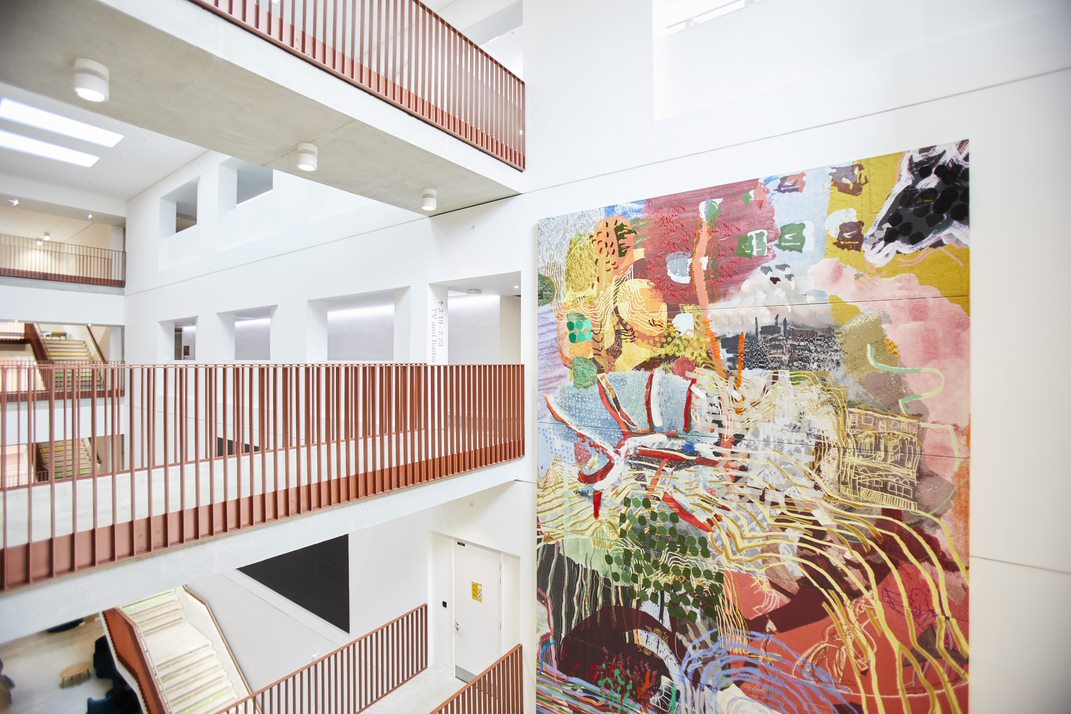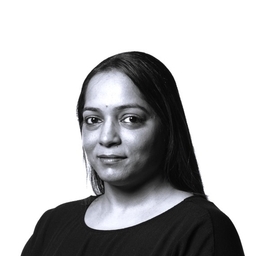Fellowship Opportunity: Language and Social Justice
Language and Social Justice at Manchester Metropolitan:
The Department of Languages, Information and Communication comprises Languages, Linguistics and TESOL in addition to Journalism and Information Communication. Our linguistic research academics work closely with colleagues in Sociology, Criminology, Education, and Health and many of our researchers contribute to advancing knowledge in language and social justice in innovative, impactful and expansive ways. Our research explores how different models of social justice intersect with the various imaginings and functions of language within our various societies, examining its role in the creation and maintenance of societal inequality. Working with a range of national and international partners and stakeholders in education, charitable organisations, government, and media, our work seeks to challenge reductionist models of social justice as well as the hierarchy of voice that centres white, middle-class, monolingual and mono-dialectal norms. Our work explores social justice in a range of domains and in relation to various pressing issues such as racism, climate change, media bias, structural inequalities.
Recent work includes using a raciolinguistic perspective to challenge mainstream narratives, concepts, and ideologies in language, education, and social justice; decentring the adult gaze in English language education in mainstream primary education and creating new climate care discourses working collaboratively with children, teaching professionals and communities; exploring the role of spoken language in the construction of identity and challenging language-based prejudice. This is in addition to: exploring the language of gaslighting in contexts of domestic violence, understanding (un)masking and (im)politeness in autism, analysing multilingual sustainability discourses, researching (In)equalities in a videogame design, innovating ways for promoting international Englishes in education, analysing the pragmatics of manipulation, and researching language in contexts of youth justice System.
We are a diverse and dynamic Department in terms of our research and teaching unified around the theme of communication tackling social inequalities. We have extensive national and international partnerships and have developed a reputation for carrying out world-leading and internationally significant research and impact (as measured in the recent REF 2021 exercise).
About the role:
- To undertake world-leading and internationally excellent research using latest and innovative methodologies, as relevant in your area of research.
- To prepare, present and publish research outputs through the appropriate forums e.g. research workshops, conferences, seminars, exhibitions, portfolios, academic journals etc.
- To develop ideas for generating income to ensure the continued success and growth of research portfolio.
- To disseminate findings of research widely to further the institution's standing in the HE and research community and strengthen the impact of the research.
- To engage in scholarly activities conducive to a long-term successful academic career that will support and enhance the research culture within the Department/ School, Faculty and University.
About the candidate:
You will be an ambitious academic working in this area and has the beginnings of a track record in an area of Language and Social Justice. This might be an area in which we already work, or a new area which complements and expands on what we do. You will have a clear sense of how your work and the work of others challenges societal inequality.
Requirements:
- Doctoral level qualification in a related research area.
- Possess breadth or depth of specialist knowledge and demonstrate potential for research independence.
- Excellent track record of relevant research outputs.
- Significant research experience in the chosen field of research, which should include where appropriate:
- leading the work of a team, co-ordinating effort and resources to meet objectives
- developing partnerships within the University and with external agencies
- preparing funding proposals and applications to external bodies
- using initiative, creativity and judgement to develop appropriate approaches to research
- synthesising complex data from different sources and communicating findings via written reports and articles
- presenting at national and/or international research meetings
- supervising student work and providing appropriate support and feedback.
- Experience of managing and monitoring performance of research projects in multi-disciplinary teams.
- Ability to manage projects involving academic institutions and funding bodies.
Please refer to the Job Description & Person Specification for a full list of essential & desirable criteria.
Academic Contact: Prof Rob Drummond (r.drummond@mmu.ac.uk) to discuss the fellowship opportunity in detail.
Application Process:
To apply to the Fellowship, please provide the following documents:
- Research Interest Statement (no more than two sides of A4, font size 11, 2 cms margin): Statement should include your long-term career aspirations, how your research till date and plans to develop and contribute towards your research interest in the future will impact the University's Research Strategy whilst working with an existing team of researchers.
- Research Proposal (no more than four sides of A4, font size 11, 2 cm margins): Kindly provide a research proposal focused on a specific topic within the research faculty you are applying for. The proposal should be accompanied by a Gantt chart outlining a 3-year research timeline.
- Curriculum Vitae (include details of your education, citizenship, publications, funding, employment history & names of referees)
Please note that panels will not consider attachments that fall outside of the limits, where specified.
We aim to offer up to a maximum of 15 fellow appointments, for which we will be assessing applicants competitively across the four faculties that are welcoming applications.
Assessment Timelines:
- The application window will be available for 8 weeks and will close on 29 May 2024
- Interviews will be held on-site in Manchester (where practical) in the w/c 17 and 24 June 2024
- We aim to make offers to successful candidates in the w/c 03 July 2024
Enquiries:
If you haven't found your specific area of research, please click here to sign up to our job alerts.
If you have any questions, please do not hesitate to contact us on researchfellowships@mmu.ac.uk
Manchester Met University is committed to creating an intentionally inclusive culture of belonging that promotes equity and celebrates diversity. We understand the importance of having a diverse workforce and the benefits it can bring to ensuring diversity of thought and innovation in everything we do. We, therefore, encourage applications from our local and international communities, in particular people from ethnic minority groups, disabled people and people who identify as LGBTQIA+.
We recognise the benefits and importance of an environment that supports flexible working and are open to conversations about this throughout the application process.
To return to the main fellowship page, click here
Details
- Location:Manchester All Saints Campus
- Faculty / Function:Arts & Humanities
- Salary:Grade 9 (£46,974 - £54,395)
- Contract Type:fixed term
- Contracted Hours per week:37

